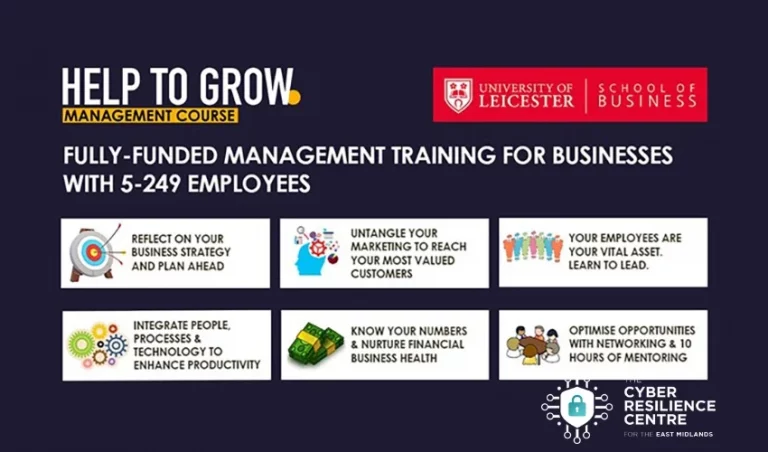New CFO for Watches of Switzerland
Administrators appointed to Alliance Transport Technologies
Light Science Technologies looks forward with confidence as revenue rises but losses widen
Simon Deacon, CEO of Light Science Technologies Holdings plc, said: “There’s no doubting that this was a challenging period for the company. However the progress made during the year, as we expanded our routes to market across both divisions, means that we can look forward with a certain degree of confidence.
“We have a strong and growing product range providing solutions for a variety of customers and a very healthy pipeline of opportunities. We remain innovative and at the forefront of the sector and are excited about the significant market opportunities.
“We believe that our energy saving products range will drive new business while the continued food shortages will enable us to showcase our solutions, offering extended season growing.
“Importantly, global trends continue to drive the need to improve food security and, as such, we aim to harness demand and accelerate growth and profitability. Furthermore, as producers seek to navigate the changing landscape, indoor farming is likely to be a key component in tackling ongoing challenges and boosting homegrown food supply.
“We are reassured by the continued support from existing and new shareholders who participated in the post-period fundraise. The funds raised will help us build on the strong momentum in our target markets. We very much look forward to further extending our reach as we invest in the business – and we believe this will result in increased revenue and margin growth.
“We see demand trends as a validation of our vision and very much look forward to working with existing and new clients as we position ourselves at the forefront of Agri-tech solutions.”
Ideagen swoops for OnePlace Solutions in second acquisition of 2023
Government-funded leadership course helps small business leaders boost performance and resilience
Designed by entrepreneurs and industry experts from the UK’s leading business schools, the course helps small business leaders and senior managers from every industry to boost leadership skills as well as business performance and resilience.
Help to Grow: Management is a 12-week course covering the critical components required to develop a resilient business strategy. It includes online and face-to-face sessions, 10 hours of 1-to-1 mentoring, peer networking, and support to develop a Growth Action Plan. 90% funded by UK Government, the course costs just £750 per person.
This practical leadership course provides time away from the challenges of running a business to invest in your leadership, equipping you with the knowledge and confidence to take your business to the next level:
- Develop leadership skills across all areas of business including strategic planning, employee engagement, vision and values, finance, and marketing
- Develop strategies for market segmentation, positioning and targeting to streamline the marketing approach
- Gain exclusive access to a regional peer network to share practical challenges, ideas, and experiences
- Work with a mentor to develop a Growth Action Plan tailored to your business and its unique journey
- Learn how to engage your employees on the business journey and plan the future structure of the organisation
- Identify new technologies and digital approaches to enhance innovation and productivity across your business
- Improve operational efficiency to save time and money.
At the end of the Help to Grow: Management Course, you will be ready to lead the change required to scale your business, even in the most challenging of conditions.
To be eligible for the course, your business must employ between 5 and 249 people, and have been operational for at least a year. SMEs employing 10 or more people can enroll 2 senior managers on the course.
The course is delivered by multiple Small Business Charter accredited business schools in the East Midlands, including the University of Leicester School of Business. More information, including course dates and testimonials from course participants, is available from the Help to Grow: Management website.
Ian Harmer, Business Coordinator at the University of Leicester School of Business, said: “I would encourage owners and managers of SMEs with 5 or more employees to find out more by reviewing the participant testimonials at www.le.ac.uk/helptogrow or exploring the case study videos at Help to Grow Management – YouTube. This is a fantastic business opportunity, so do take a look at the resources available to you. The University of Leicester School of Business is delivering the course in both the East Midlands and East of England. The East Midlands course starts on May 5.”
Colin Ellis, Managing Director at the East Midlands Cyber Resilience Centre, added: “The EMCRC exists to help organisations to be resilient to cyber-crime and support them where we can in other ways, too – this is great scheme to help business grow.”
Northampton IT specialists secure place on prestigious public sector framework
Derbyshire science company Lubrizol helps give happy days to 60 Derby children
A Derbyshire science company is helping put smiles on the faces of Derby children with complex needs, by supporting them to enjoy a grand day out by the seaside.
Science company Lubrizol, whose UK headquarters is based at Hazelwood near Belper, has helped pay for 60 children and 17 carers from a Derby special school to enjoy a day out in Skegness, arranged by Happy Days Children’s Charity.
Founded by three mums in 1992, Happy Days pays for special days and holidays for children in the UK who are living with mental, physical and emotional challenges.
It helps nearly 25,000 children with additional needs each year.
Rob Cox, fundraising and marketing manager for the charity, said: “Days out like this give children a chance to have fun, but also it’s a really important opportunity for them to get out of their normal environment, use social skills and have contact with people they may have never met before. Things like buying an ice cream can be a big deal for them.”
Happy Days organises and funds a wide range of activities for the thousands of children it supports, including trips to the seaside, theatres, zoos, museums, outdoor activity centres, sporting events and other educational and cultural activities.
The charity receives no government funding and relies entirely on support from companies like Lubrizol and an army of volunteers.
Rob said: “Some parents don’t have the finances even to afford a simple day trip, especially with the cost of living situation we’re now seeing. One reason we’re able to do this is the access to all of the doctors, nurses and support staff who give up their time to accompany children on their trips.
“We have thousands of volunteers all over the country. As we receive no government funding, we’re 100 per cent reliant on the generosity of companies like Lubrizol to fund our activities – thank you to each and every one of them.”
Tom Grazier, co-chair of Lubrizol’s charities and communities committee which provided funding towards the Happy Days Skegness trip, said: “It’s very important to us at Lubrizol that we give back to the communities where we work. We do this not only by giving up voluntary time but also in making financial contributions to good causes we come across.
“It’s great to know that we’ll be supporting what looks to be a great day out by the seaside for 60 children and their carers. This particular charity really spoke to us as it was clear what great work it does. We hope that everyone from Derby going on this trip has a fantastic time in Skegness!”
Walkers makes healthy progress in sales milestone
D2N2 Local Enterprise Partnership leads panel discussion at Leeds trade event
Multi-million-pound partnership celebrates taking aerospace industry to new heights
- High power-density contacts
- Impact and intelligent failure management
- Advanced static and dynamic load management
- Exploiting aero-structural interactions
- Innovations in thermal management
- Electro-mechanical interactions
- Influence of platform behaviour on sub-system design












